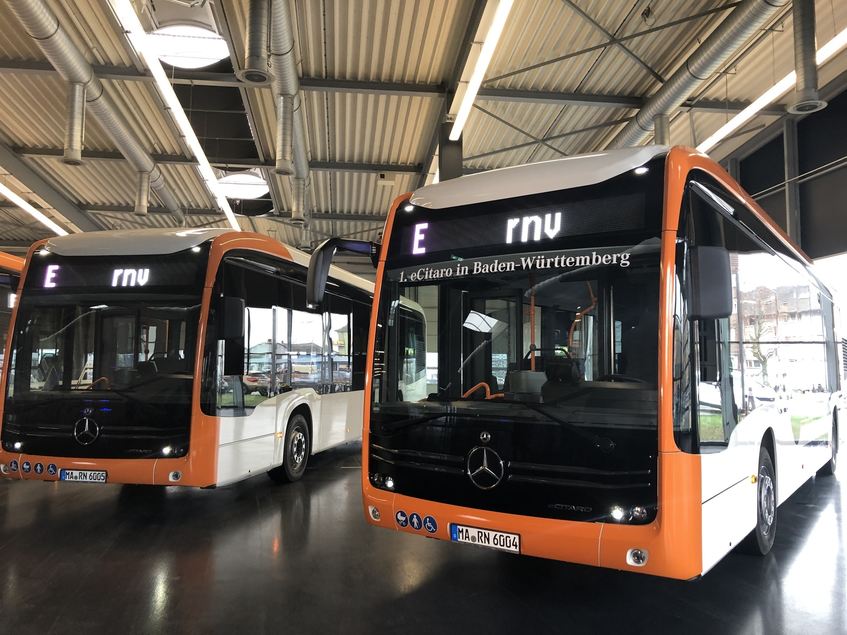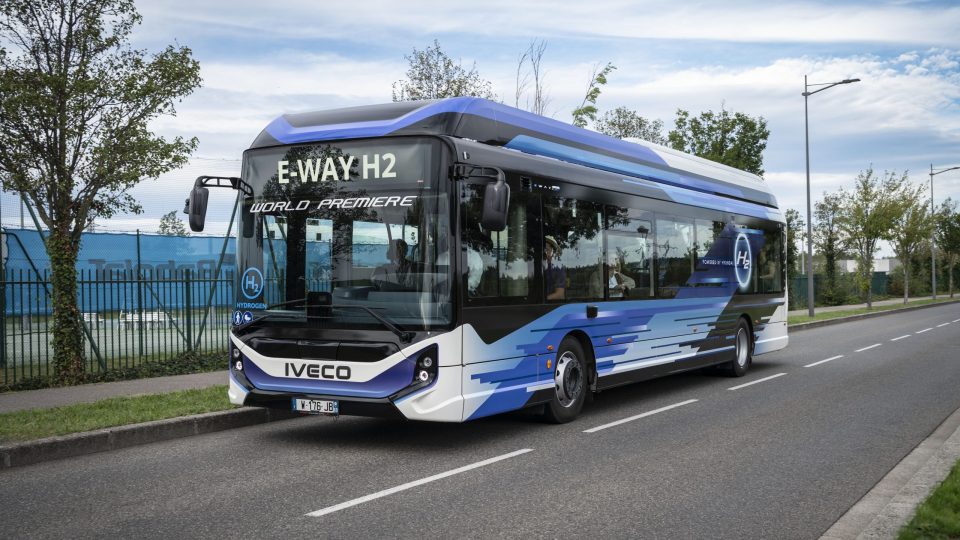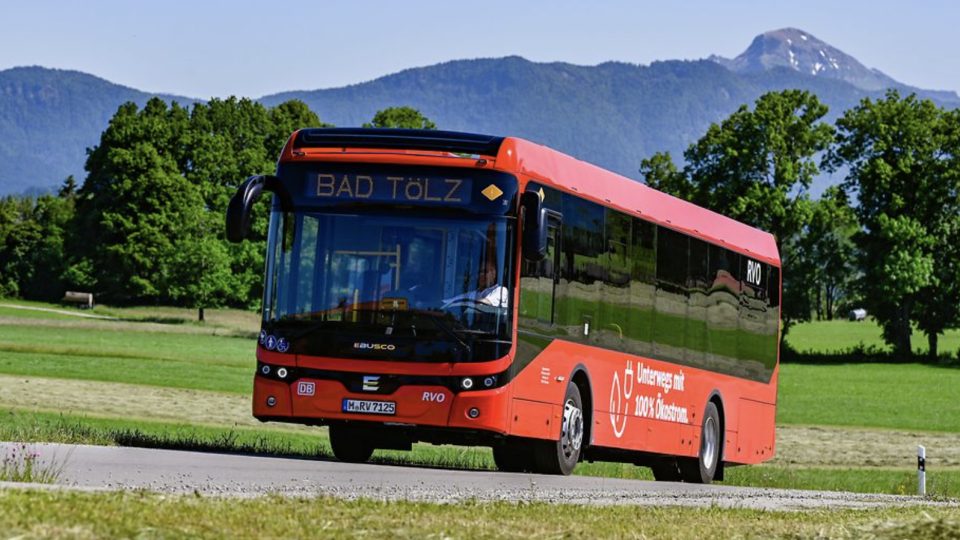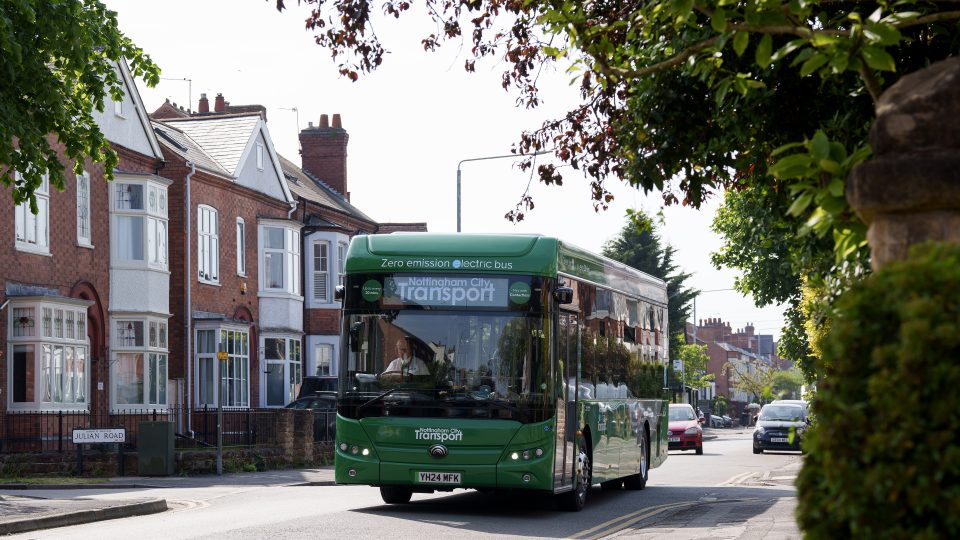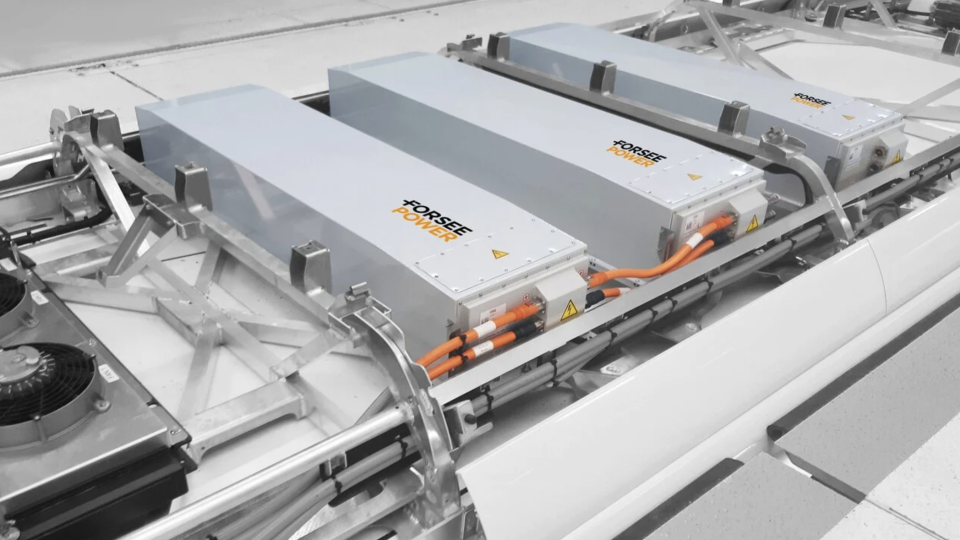To win the bet of air quality, anyway, Germany mainly needs to phase out from coal based electricity production. Today, nearly a quarter of all electricity produced in Germany still comes from burning lignite, making Germany the world’s leader in the mining and burning of lignite, according to the International Energy Agency.
German fundings for e-buses grow up to 650 million euros
Subsidies for electric buses. Green light from the European Commission: German fundings for e-buses grow up to 650 million euros. The European Commission approved an increase of 300 million. The German aid scheme is valid until the end of 2021 and covers the additional costs of purchasing electrically powered or plug-in hybrid buses instead of conventional […]
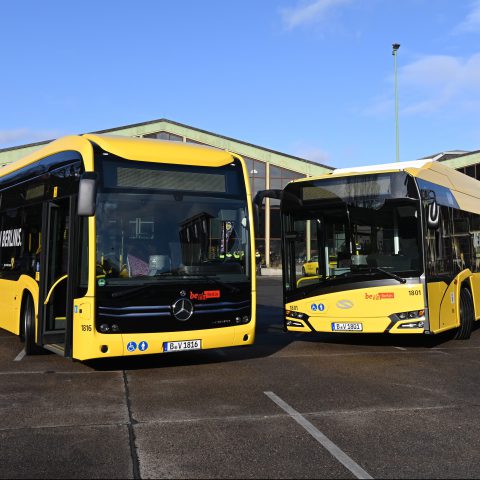
Subsidies for electric buses. Green light from the European Commission: German fundings for e-buses grow up to 650 million euros. The European Commission approved an increase of 300 million. The German aid scheme is valid until the end of 2021 and covers the additional costs of purchasing electrically powered or plug-in hybrid buses instead of conventional diesel buses and of setting up the charging infrastructure. The total state subsidy for this now amounts to 650 million euros.
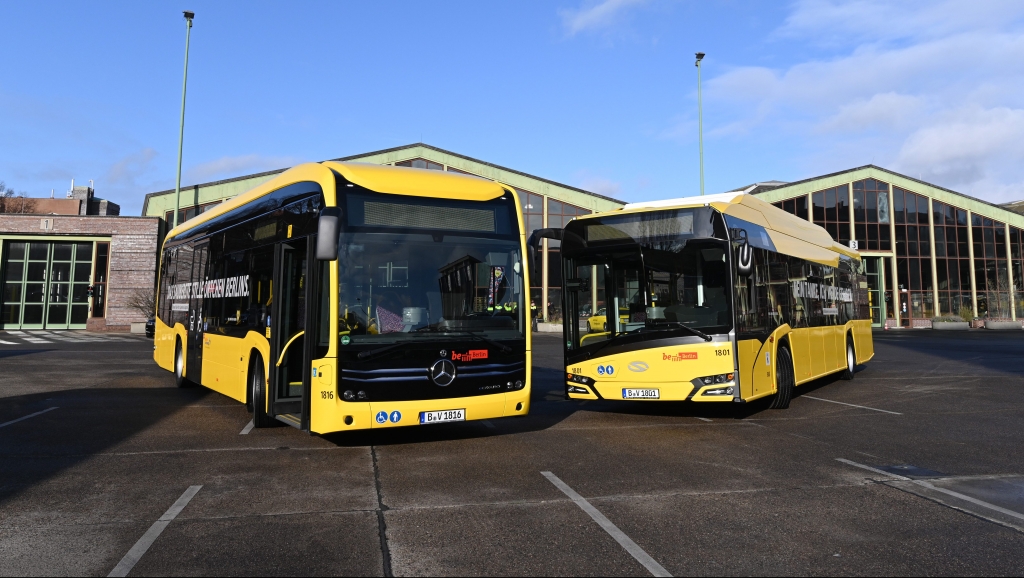
Subsidies for electric buses in Germany
The Federal Environment Ministry (BMU) had already turned to the European Commission, in 2018, in order to have green light on the plan of subsidies for electric buses. In July 2019, the BMU announced funding for 14.3 million euros addressed to five Germany cities where nitrogen oxide levels had exceeded the annual average limit (Aachen, Bochum, Gelsenkirchen, Duisburg and Offenbach am Main). And, as reported on Electrive, at the beginning of December 2019 the ministry announced that 16 projects with a funding volume of more than 250 million euros have currently been approved.
Being more specific, under this funding scheme German government subsidises up to 80 per cent of the additional costs in the purchase price for an electric bus compared to a diesel model. Charging infrastructure cost is covered by 40 per cent.
European green deal through electric buses
The Commission «considers that the state aid scheme provides an incentive for bus operators to invest more in this type of vehicles and the necessary charging infrastructure – quoting the press note concerning the update of the plan -. Public transport operators must also ensure that their electric and plug-in hybrid buses are powered by electricity from renewable energy sources. The new increase in funding is expected to lead to additional CO2 reductions (around 45,000 tonnes of CO2 equivalents per year), in line with the EU’s climate and environmental goals and the aims of the European Green Deal. It will also contribute to improving air quality, in particular by further reducing nitrogen oxides (NOx) by up to some 170 tonnes per year. On the basis of these considerations, the Commission concluded that the benefits of the project in terms of EU environmental objectives are clearly greater than any distortion of competition resulting from the aid».
According to a survey carried out by the magazine Wirtschaftswoche in November 2018, the five major German cities (Berlin, Hamburg, Munich, Cologne and Frankfurt) will have in operation a total of 3,000 electric buses by 2030.
